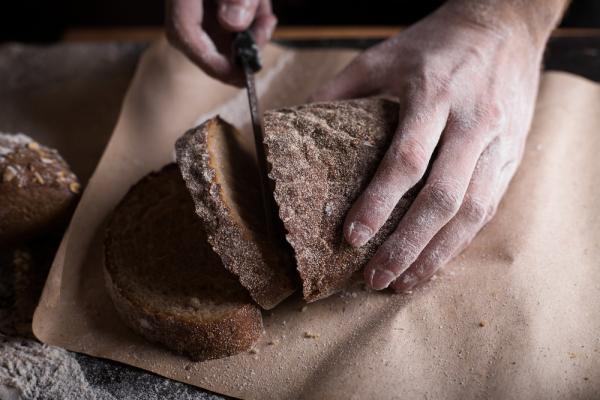Sep 5, 2018
This past February, as we have done for years, my daughters and I loaded a crockpot of taco meat, all the fixings, serving utensils, and dessert into the trunk of my SUV. My two busy teens claimed they had too much homework to stay long, so they drove a different car to the nearby town where we’d eat with homeless families.
Read the Full Article

Already a subscriber? Login
